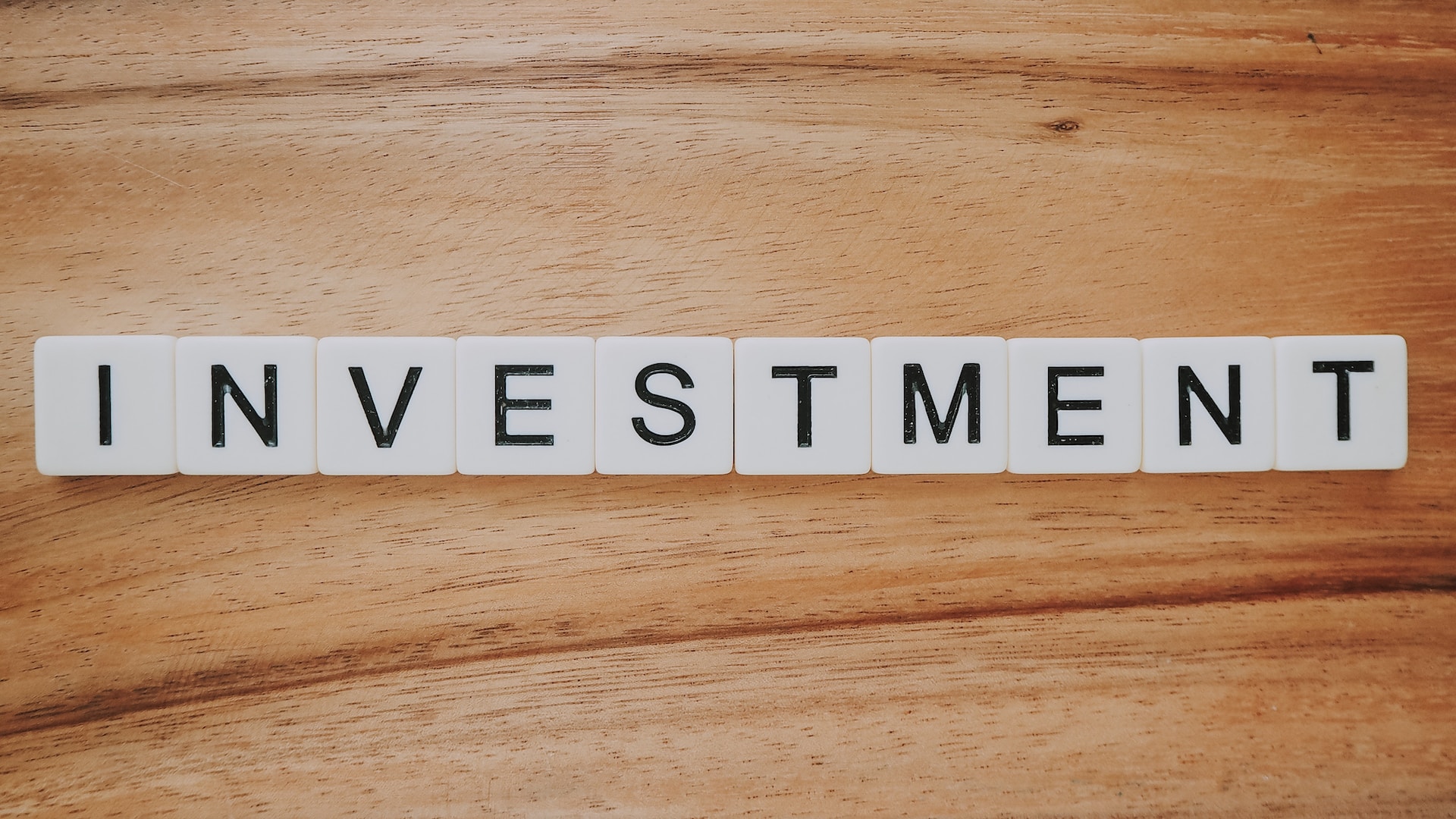The financial world has been abuzz with whispers, speculations, and blatant astonishment as Turkey takes a U-turn on its economic policies.
It’s a sight to behold – the once tumultuous waters of the Turkish economy are starting to calm, and it seems that even the traders, ever the skeptics, are starting to believe in the newfound stability of the lira.
The Turkish lira, which had once fluttered in the winds of uncertainty, now finds its wings aided by a more strategic and conventional airstream.
And the numbers don’t lie; the plummeting cost of hedging against the lira’s depreciation stands as a testament to this transformation.
As of this week, it touched a meager 4.05 percentage points, the lowest since October 2021.
So, what sorcery is this? How did Turkey manage to suddenly quell the stormy seas of currency speculation and economic unpredictability?
The answer lies in two words: Conventional Economics. It seems President Recep Tayyip Erdogan took a page out of history’s playbook post the May elections, reminding us all of the golden mantra – “If it ain’t broke, don’t fix it”.
Traditional economic policies, backed by solid financial experience and tried-and-tested methodologies, have stood the test of time for a reason.
Erdogan, it seems, has embraced this sentiment wholeheartedly.
His recent appointments of former Wall Street mavens Mehmet Simsek and Hafize Gaye Erkan as head of treasury and central bank governor respectively, is a ringing endorsement of this paradigm shift.
Now, the sharp-eyed investors and keen readers of “Investing Pioneers” might be wondering: “Peter, how can we ride this wave?”.
I’m glad you asked.
Strategy 1: Re-Evaluate Emerging Markets
Turkey’s rebound gives investors a renewed reason to re-assess emerging markets. Look for countries undergoing similar policy shifts. Often, where there’s smoke, there’s a raging economic fire ready to be harnessed by savvy investors. By diversifying into multiple emerging markets, you can hedge against the volatility intrinsic to such economies.
Strategy 2: Local Bonds
Now might be a good time to consider Turkish bonds. With the lira stabilizing and a more dependable economic regime in place, local debt could yield handsome returns in the medium to long term. But, as always, tread with caution.
Strategy 3: Foreign Direct Investments (FDI)
If you’re feeling particularly bullish, consider opportunities for direct investments in Turkey.
A stable currency coupled with strong economic leadership might unlock potential in sectors previously overshadowed by economic instability.
In conclusion, Turkey’s bold step towards conventional economic wisdom serves as a reminder that sometimes, looking back can propel us forward.
The lira’s comeback story isn’t just a testament to Turkey’s resilience but also an ode to the timeless relevance of traditional financial wisdom.
To the investors out there, it might just be time to don your financial fez hats and dance to the tunes of the rejuvenated Turkish lira.
Always remember: in the world of investing, the only constant is change, and knowing when and where to pivot is the key to unlocking untold treasures.
Till next time, pioneers. Keep those wits sharp and portfolios sharper!
Peter Burke















